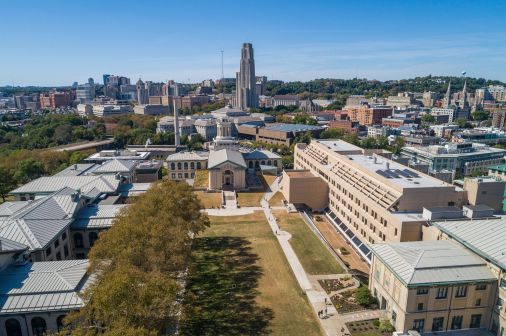New national education network to share adaptive learning resources

A root cause of college dropouts is the high failure rate in foundational courses, prompting a new initiative, announced Wednesday, aimed at creating a national network for education groups to collaborate on adaptive learning solutions.
Every Learner Everywhere, funded by the Bill & Melinda Gates Foundation, is supported by 12 higher education and digital learning groups, which have collaborated to offer high-quality support to colleges and universities seeking to leverage data-driven algorithms for the personalized learning of its students.
The 12 groups:
- Achieving the Dream (ATD)
- Association of Chief Academic Officers (ACAO)
- Association of Public and Land-grant Universities (APLU)
- Digital Learning Research Network (dLRN)
- Digital Promise
- EdSurge
- EDUCAUSE
- Intentional Futures (iF)
- Online Learning Consortium (OLC)
- SXSW EDU
- Tyton Partners
- WCET
“Adaptive learning is an important tool in a toolbox,” Demarée Michelau, president of the Western Interstate Commission for Higher Education, a partner in the initiative, said in a press release.
However, not every college or university has access to adaptive learning software or the means to implement it.
“While most colleges and universities are aware of the benefits that adaptive learning can offer students and instructors, many institutions are unsure of the process for effectively implementing adaptive courseware on their campus,” said Karen Vignare, director of the Association of Public & Land-Grant Universities and a partner in the initiative.
By forming a network of educational groups, colleges and universities are able to collaborate with each other and benefit from each others’ experience and knowledge of adaptive learning resources.
According to the initiative’s description, the network will provide an array of supportive resources ranging from webinars and implementation guidebooks to technical assistance and extended site visits, so that more students can improve their learning outcomes.
Across all foundational courses, completion rates stand at 63 percent for community colleges and 75 percent for public four-year colleges, according to the announcement. Additionally, these rates are 6 percent lower for low-income students, students of color, and first-generation students, putting them at an increased risk to leave school with student debt but no degree.
Barbara Means, executive director at the partner organization Digital Promise, data-driven, adaptive learning is the best way to improve student outcomes.
“Experience tells us that closing equity gaps in course outcomes requires thoughtful use of data on student learning processes and outcomes,” she said.
The group claims that if colleges and universities use the network’s resources and implement adaptive learning tools, retention and graduation levels will rise.
“This project will help provide needed support missing on many campuses and scale an important innovation,” said Adrianna Kezar, a University of Southern California professor.




